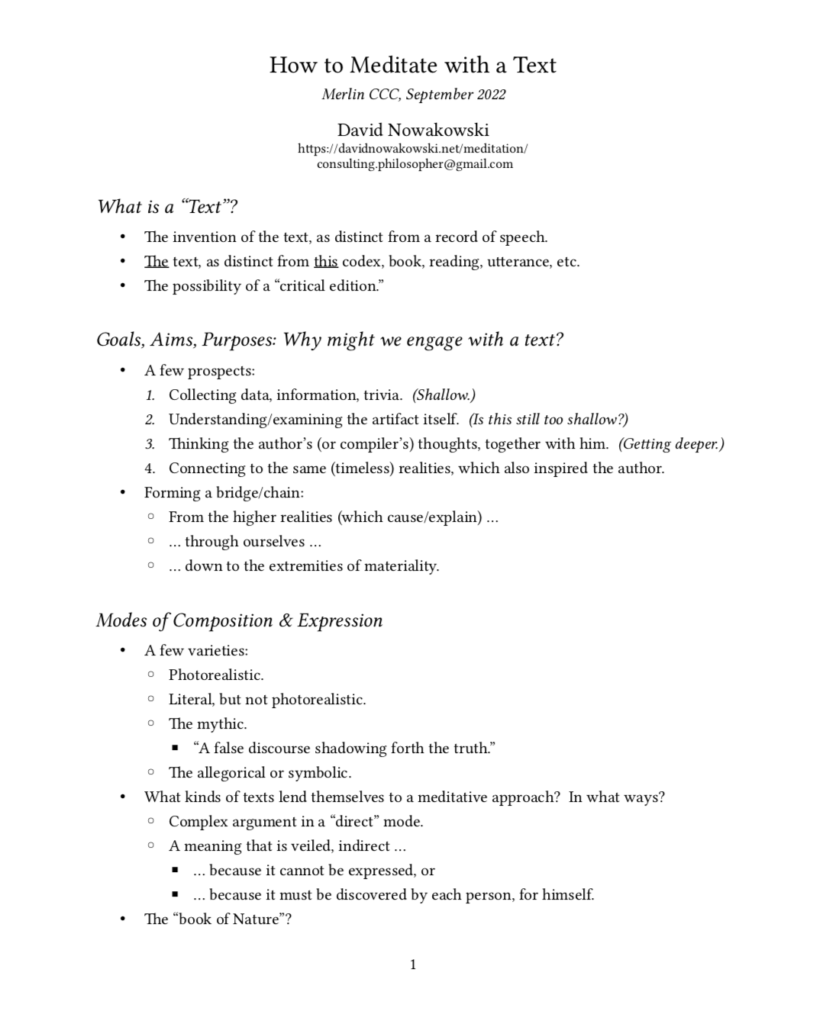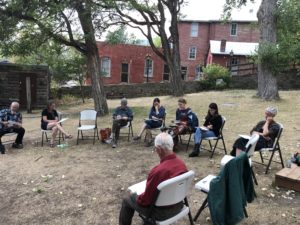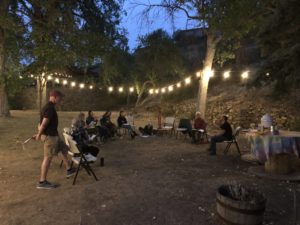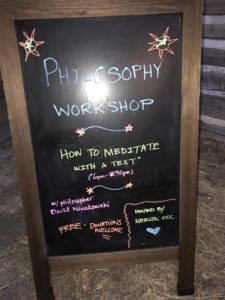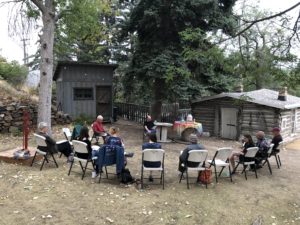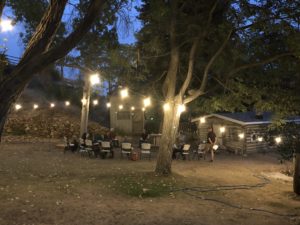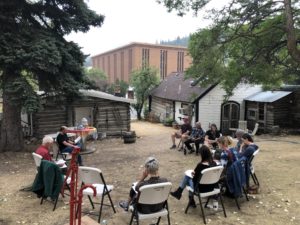[et_pb_section fb_built=”1″ _builder_version=”4.16″ custom_padding=”0|0px|13px|0px|false|false” global_colors_info=”{}” da_is_popup=”off” da_exit_intent=”off” da_has_close=”on” da_alt_close=”off” da_dark_close=”off” da_not_modal=”on” da_is_singular=”off” da_with_loader=”off” da_has_shadow=”on” da_disable_devices=”off|off|off”][et_pb_row _builder_version=”4.16″ background_size=”initial” background_position=”top_left” background_repeat=”repeat” global_colors_info=”{}”][et_pb_column type=”4_4″ _builder_version=”4.16″ custom_padding=”|||” global_colors_info=”{}” custom_padding__hover=”|||”][et_pb_divider color=”#02a2c8″ divider_weight=”15″ _builder_version=”4.16″ height=”15px” box_shadow_style=”preset1″ global_colors_info=”{}”] [/et_pb_divider][et_pb_image src=”https://originalsite.merlinccc.com/wp-content/uploads/2022/09/IMG_6517-Meditate-with-a-Text-scaled.jpg” title_text=”IMG_6517- Meditate with a Text” _builder_version=”4.18.0″ global_colors_info=”{}”][/et_pb_image][et_pb_text disabled_on=”on|on|on” admin_label=”About the Workshop” _builder_version=”4.16″ z_index_tablet=”500″ box_shadow_horizontal_tablet=”0px” box_shadow_vertical_tablet=”0px” box_shadow_blur_tablet=”40px” box_shadow_spread_tablet=”0px” disabled=”on” global_colors_info=”{}”]
Some experiences in life are so significant, so profound, so intense, that after we go through them, there’s a very real sense in which “we’re not the same person we used to be.” That might involve a change in how we understand ourselves or the world, or in what we value or take to be important.
These experiences can feel pleasant or miserable. They can be planned or unplanned, freely chosen or forced upon us by fate, chance, or other people. Examples range from becoming a new parent, to becoming paralyzed or losing a limb, or even a medical intervention that allows someone born deaf to hear music for the first time. They may involve a life-threatening car accident or a near-death experience, a mystical vision on a mountaintop, or a chance encounter with a stranger on the sidewalk. The experience itself might be extended over time, like army boot camp or an apprenticeship in the skilled trades. Or it might be something else altogether. The elusive factor is that in some way or other, the experience, or how we respond to it, radically changes us—in ways that we cannot (fully) imagine beforehand. We are no longer who we used to be.
In this workshop, we developed some basic concepts and categories, that might help us make sense of these transformative experiences:
- How do these experiences work? Are there common elements, patterns, or stages?
- When, and why, should we choose to undergo such an experience?
- Is it even possible to make a reasonable, rational choice to have (or avoid) this kind of experience, when the results are often so far beyond anything we could imagine or plan for?
- How might we effectively respond to such an experience, whether it was freely chosen or not?
- Why do (apparently) very similar experiences affect different people very, very differently? Or, why do similar experiences affect one person deeply, and someone else not at all?
And we pointed toward some of the bigger philosophical questions that are lurking behind the problem of transformative experience, including:
- Rational choice: Whose values, interests, duties, or knowledge are involved?
- Personal identity: What does it mean to say that we are, or are not, the same person at different times?
- Freedom and the Good: How do ancient and modern notions of goodness differ? Can appealing to “our good” help explain what it means to become “more ourselves”?
Among some contemporary philosophers, transformative experiences have become a bit of a hot topic, following L.A. Paul’s book, Transformative Experience (Oxford University Press, 2014). So we started with some of the key ideas raised in Paul’s work, and by some of the philosophers who have responded to her. But we also took a wider historical view of these questions, looking as far afield as the ancient Platonic commentators discussing the Orphic Mysteries, as well as some other classic thinkers between here and there.
[/et_pb_text][et_pb_text _builder_version=”4.18.0″ _module_preset=”default” global_colors_info=”{}”]
For thousands of years, people seeking after wisdom have approached important texts as invitations for meditation, whose treasures can be uncovered through careful, deliberate practices of attention.
In this workshop, we explored some of these techniques, combining practical instruction with reflections on the theoretical and conceptual background needed to make sense of the practices. We examined the aims, goals, and underlying assumptions of this style of meditative practice. And considered the thorny question of the historical, cultural, and religious contexts in which the practices were first developed, and how well (if at all) they can be transplanted outside those contexts.
We discussed how we might engage meditatively or contemplatively with a wide spectrum of texts, from philosophy, to theology, to mythology and folklore. What tools of interpretation, what styles of approach, do we need, if we want to learn from and be transformed by these texts? How can meditation with a text help us to situate ourselves within structured patterns of meaning that are there to be found—not made—throughout the cosmos?
We drew on a wide range of sources and resources, including:
- The works of Pagan Platonists like Porphyry (On the Cave of the Nymphs) and Proclus (Commentary on Plato’s Republic), on the use and interpretation of myth;
- The Benedictine monastic practice of lectio divina (“divine reading”); and
- Two quite distinct sets of practices—Christian and post-Christian—that are both known as “discursive meditation.”
We also stepped back to consider what might be involved in meditating with various kinds of “texts,” including:
- Written and spoken collections of words: texts in the most common, obvious sense, whether they’re written down, memorized, etc.
- Other musical and artistic works: paintings, engravings, sculpture, “music” in the narrow modern sense, etc.
- Symbols and conceptual categories
[/et_pb_text][/et_pb_column][/et_pb_row][et_pb_row column_structure=”1_4,1_2,1_4″ _builder_version=”4.16″ _module_preset=”default” global_colors_info=”{}”][et_pb_column type=”1_4″ _builder_version=”4.16″ _module_preset=”default” global_colors_info=”{}”][et_pb_blurb use_icon=”on” font_icon=”||divi||400″ _builder_version=”4.18.0″ _module_preset=”default” global_colors_info=”{}”][/et_pb_blurb][/et_pb_column][et_pb_column type=”1_2″ _builder_version=”4.16″ _module_preset=”default” global_colors_info=”{}”][et_pb_testimonial admin_label=”Resources ” _builder_version=”4.18.0″ z_index_tablet=”500″ author_text_shadow_horizontal_length_tablet=”0px” author_text_shadow_vertical_length_tablet=”0px” author_text_shadow_blur_strength_tablet=”1px” position_text_shadow_horizontal_length_tablet=”0px” position_text_shadow_vertical_length_tablet=”0px” position_text_shadow_blur_strength_tablet=”1px” company_text_shadow_horizontal_length_tablet=”0px” company_text_shadow_vertical_length_tablet=”0px” company_text_shadow_blur_strength_tablet=”1px” body_link_text_shadow_horizontal_length_tablet=”0px” body_link_text_shadow_vertical_length_tablet=”0px” body_link_text_shadow_blur_strength_tablet=”1px” body_ul_text_shadow_horizontal_length_tablet=”0px” body_ul_text_shadow_vertical_length_tablet=”0px” body_ul_text_shadow_blur_strength_tablet=”1px” body_ol_text_shadow_horizontal_length_tablet=”0px” body_ol_text_shadow_vertical_length_tablet=”0px” body_ol_text_shadow_blur_strength_tablet=”1px” body_quote_text_shadow_horizontal_length_tablet=”0px” body_quote_text_shadow_vertical_length_tablet=”0px” body_quote_text_shadow_blur_strength_tablet=”1px” box_shadow_horizontal_tablet=”0px” box_shadow_vertical_tablet=”0px” box_shadow_blur_tablet=”40px” box_shadow_spread_tablet=”0px” box_shadow_horizontal_image_tablet=”0px” box_shadow_vertical_image_tablet=”0px” box_shadow_blur_image_tablet=”40px” box_shadow_spread_image_tablet=”0px” global_colors_info=”{}”]
Readings & Resources
[/et_pb_testimonial][/et_pb_column][et_pb_column type=”1_4″ _builder_version=”4.16″ _module_preset=”default” global_colors_info=”{}”][et_pb_blurb use_icon=”on” font_icon=”||divi||400″ _builder_version=”4.18.0″ _module_preset=”default” global_colors_info=”{}”][/et_pb_blurb][/et_pb_column][/et_pb_row][et_pb_row _builder_version=”4.18.0″ _module_preset=”default” global_colors_info=”{}”][et_pb_column type=”4_4″ _builder_version=”4.18.0″ _module_preset=”default” global_colors_info=”{}”][et_pb_text _builder_version=”4.18.0″ _module_preset=”default” global_colors_info=”{}”]
[/et_pb_text][/et_pb_column][/et_pb_row][et_pb_row disabled_on=”off|off|off” _builder_version=”4.16″ global_colors_info=”{}”][et_pb_column type=”4_4″ _builder_version=”4.16″ global_colors_info=”{}”][et_pb_testimonial admin_label=”Explore More Opportunities” _builder_version=”4.18.0″ z_index_tablet=”500″ author_text_shadow_horizontal_length_tablet=”0px” author_text_shadow_vertical_length_tablet=”0px” author_text_shadow_blur_strength_tablet=”1px” position_text_shadow_horizontal_length_tablet=”0px” position_text_shadow_vertical_length_tablet=”0px” position_text_shadow_blur_strength_tablet=”1px” company_text_shadow_horizontal_length_tablet=”0px” company_text_shadow_vertical_length_tablet=”0px” company_text_shadow_blur_strength_tablet=”1px” body_link_text_shadow_horizontal_length_tablet=”0px” body_link_text_shadow_vertical_length_tablet=”0px” body_link_text_shadow_blur_strength_tablet=”1px” body_ul_text_shadow_horizontal_length_tablet=”0px” body_ul_text_shadow_vertical_length_tablet=”0px” body_ul_text_shadow_blur_strength_tablet=”1px” body_ol_text_shadow_horizontal_length_tablet=”0px” body_ol_text_shadow_vertical_length_tablet=”0px” body_ol_text_shadow_blur_strength_tablet=”1px” body_quote_text_shadow_horizontal_length_tablet=”0px” body_quote_text_shadow_vertical_length_tablet=”0px” body_quote_text_shadow_blur_strength_tablet=”1px” box_shadow_horizontal_tablet=”0px” box_shadow_vertical_tablet=”0px” box_shadow_blur_tablet=”40px” box_shadow_spread_tablet=”0px” box_shadow_horizontal_image_tablet=”0px” box_shadow_vertical_image_tablet=”0px” box_shadow_blur_image_tablet=”40px” box_shadow_spread_image_tablet=”0px” global_colors_info=”{}”]
Photos
[/et_pb_testimonial][et_pb_text _builder_version=”4.18.0″ text_orientation=”center” global_colors_info=”{}”]
[/et_pb_text][/et_pb_column][/et_pb_row][/et_pb_section][et_pb_section fb_built=”1″ _builder_version=”4.16″ custom_padding=”0|0px|0|0px|false|false” global_colors_info=”{}” da_is_popup=”off” da_exit_intent=”off” da_has_close=”on” da_alt_close=”off” da_dark_close=”off” da_not_modal=”on” da_is_singular=”off” da_with_loader=”off” da_has_shadow=”on” da_disable_devices=”off|off|off”][et_pb_row _builder_version=”4.16″ background_size=”initial” background_position=”top_left” background_repeat=”repeat” custom_padding=”23px|0px|0|0px|false|false” global_colors_info=”{}”][et_pb_column type=”4_4″ _builder_version=”4.16″ custom_padding=”|||” global_colors_info=”{}” custom_padding__hover=”|||”][et_pb_divider color=”#02a2c8″ divider_weight=”15px” _builder_version=”4.16″ height=”15px” z_index_tablet=”500″ box_shadow_style=”preset1″ global_colors_info=”{}”][/et_pb_divider][et_pb_toggle title=”About the Workshop Leader…” _builder_version=”4.16″ text_orientation=”center” global_colors_info=”{}”]
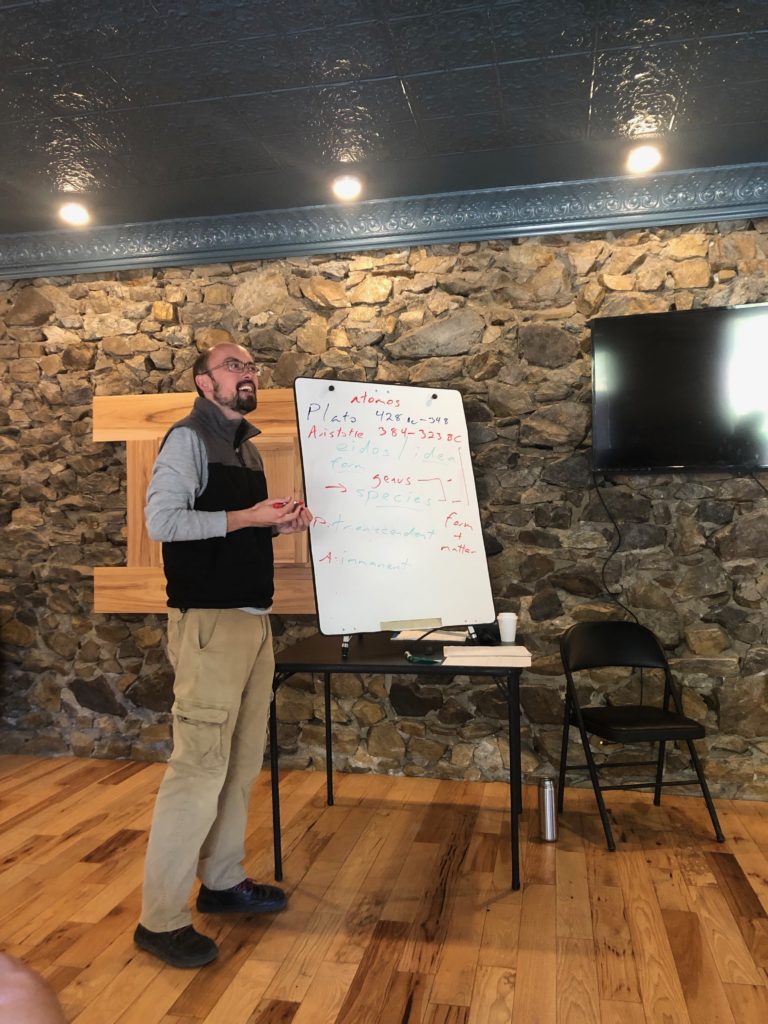
David is as a philosopher and educator whose professional work is dedicated to helping people of all ages and backgrounds access, understand, and apply the traditions of ancient philosophy to their own lives. A lover of philosophy and the great outdoors, David is currently building his own consulting practice and serves as a Philosophical Advisor and Consultant for Merlin CCC & Senior Mentor for scholars in the Merlin Fellowship Program.
David began studying ancient philosophies and classical languages in 2001, and has continued ever since. A scholar of the philosophical traditions of the ancient Mediterranean (Greece, Rome, and North Africa) and of the Indian subcontinent, reading Sanskrit, Latin, and classical Greek, he earned his Ph.D. in philosophy from Princeton University in 2014. His work has appeared in a variety of scholarly journals, including Philosophy East & West, Asian Philosophy, and the Journal of Indian Philosophy; as well as in presentations to academic audiences at Harvard, Columbia University, the University of Toronto, Yale-NUS College in Singapore, and elsewhere.
A hermit by nature and by committed choice, he balances contemplative solitude with his active work in teaching, counseling, and the healing arts. We are elated to be collaborating with David on our philosophy in the community activities, fellowships, and other Merlin projects.
[/et_pb_toggle][et_pb_divider color=”#02a2c8″ divider_weight=”15px” _builder_version=”4.16″ height=”15px” z_index_tablet=”500″ box_shadow_style=”preset1″ global_colors_info=”{}”][/et_pb_divider][/et_pb_column][/et_pb_row][/et_pb_section]

